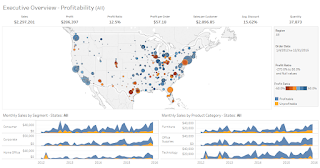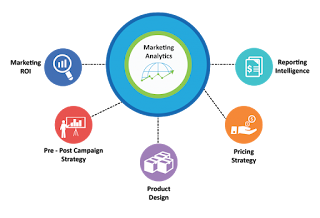Reflections
Now that is time for the blog to come to a close, each member of the group wanted to take time to reflect on the past semester and their time at Illinois State University as a Marketing Analytics major. We hope that everyone that read the blog throughout the last several months enjoyed the content and were able to take away helpful information.
Mark - When selecting the sequence of advanced marketing analytics at ISU, I wasn’t entirely sure what I was getting myself into. Big data and numbers seemed like the best way to attaining a job so it seemed like I couldn’t go wrong. Throughout my time in the program, I learned more than I could have ever imagined from some incredible professors. Ultimately in the end I decided to add a Professional Sales sequence and found that my personality was better suited for a sales position and accepted a job utilizing those skills. Working on this blog throughout the semester still gave me valuable insights on communication skills and how to generate content that people want to read.
Matt - I went into ISU knowing I wanted to be a marketing major but I could not pick a sequence. Through various internships I found my home as an advanced marketing analytics sequence within Marketing. Here I found a passion working with data and how it can benefit businesses. I joined our Brand Management and Analytics course to get a better understanding of how analytics can drive the management of brands. Here I really learned more about SEO and how to utilize Search Engines to increase your brand’s presence online.
Kirby - Marketing Analytics for me was a natural marriage between a plan to study marketing and a growing interest in analysis of reality through the lens of numbers. Using statistics to predict anything from the likelihood of a draft pick to succeed in the NFL to a company’s stock has always fascinated me. This blending of the marketing framework combined with more in-depth technical and numerical analysis created a very rich and varied curriculum. This variety created many opportunities to expand my knowledge in numerous fields while simultaneously avoiding the tedium that can sometimes arise from a hyper focused area of study. What I will take away most from my time studying Marketing Analytics is to always be flexible in both my expertise in programs and in my understanding of new trends and developments in the field overall.







